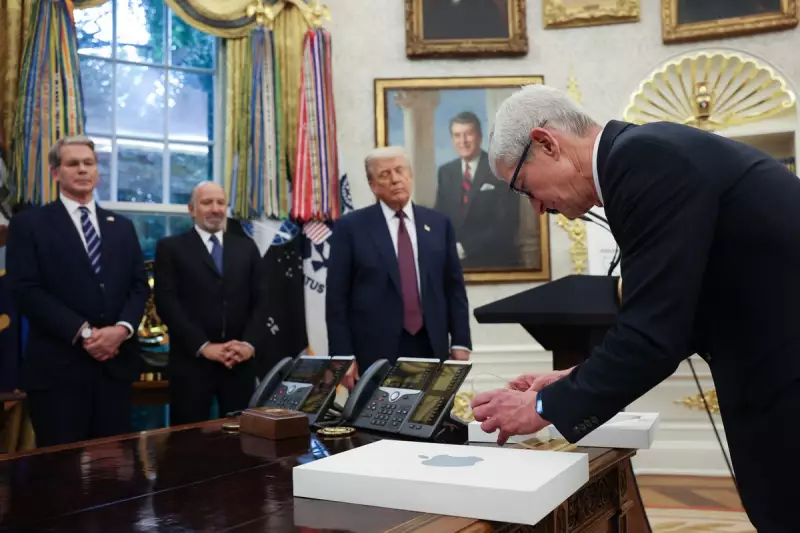
According to recent reports, former US President Donald Trump and his administration allegedly compiled a secret 'loyalty list' of companies, categorising them based on their perceived support or opposition to his policies.
The list, which was reportedly used to guide federal decisions, included major corporations that either aligned with Trump's agenda or faced potential retaliation for dissent. Sources suggest that this practice blurred the lines between governance and partisan favouritism.
How the List Worked
The Trump administration allegedly tracked corporate behaviour, including public statements, donations, and policy positions. Companies seen as supportive received favourable treatment, while those deemed disloyal faced regulatory scrutiny or exclusion from government contracts.
Key examples include:
- Rewarding defence contractors who backed Trump's policies.
- Penalising tech firms that criticised immigration restrictions.
- Prioritising businesses that publicly praised economic initiatives.
Ethical Concerns and Legal Implications
Experts warn that such practices risk politicising federal agencies and undermining fair competition. Legal scholars argue that using government power to punish dissent could violate constitutional principles.
While the White House has not officially confirmed the existence of the list, multiple insiders have described its influence on policy decisions during Trump's tenure.





